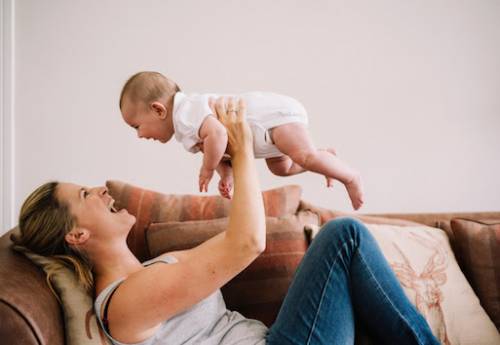Witnessing a Will by Video-Link
The Government has announced that in September this year, people in England and Wales will be allowed to witness a Will over video call. Although we don’t yet know what the final legislation will look like, this could be positive news if you’re trying to execute a Will in isolation.
It is argued that since video conferencing is allowed in other legal settings, it makes sense to update the laws surrounding Wills. If the law passes, it will apply to any Wills that have been executed after the 31 January 2020.

Overview
When completing the process of making a Will, you and two independent witnesses are required to sign the document. You and your witnesses need to be able to see one another – quite the logistical challenge when you’re trying to social distance!
At the start of lockdown, our Legacy team put together some guidance on how to sign your Will safely. This has been working well, and the team are working hard to ensure their clients are comfortable throughout the process.
Who might need to sign a Will remotely?
If you’re particularly vulnerable, shielding or in isolation, you may wish to have your Will witnessed remotely. The new changes appear to be particularly meant for those who have tested positive for Covid-19 and cannot interact with others in person.
The government emphasises that this should be a last resort. There are drawbacks to consider with this method. Since the legislation is not final until September, there may be changes before then which put a question mark over the validity of your signatures. The legislation will only last until 31 January 2022, after which in-person rules apply.
There’s also distance to consider. The Will needs to be signed in person, not digitally or as counterpart documents, as these methods carry some risks. So, a Will would need to be transported to each witness – and a video conference will be required for all signatures being made. Transporting the Will also means that it would be dated when the testator (the Will-maker) signs it – but it will only be valid once both witnesses have signed. There’s a slim chance that the Will could be interrupted or interfered with on its way. The delay in making the Will valid might be an issue, especially if it is urgently required.
The government has published some guidance to help make sure your remote witnesses are legal. This includes a phrase to start with:
‘I [first name, surname], wish to make a Will of my own free will and sign it here before these witnesses, who are witnessing me doing this remotely’
And several examples of how to use video-witnessing appropriately. Videos can’t be pre-recorded – the process must be live. However, they recommend recording the live interaction, as this can be used in evidence if the Will is ever challenged.




